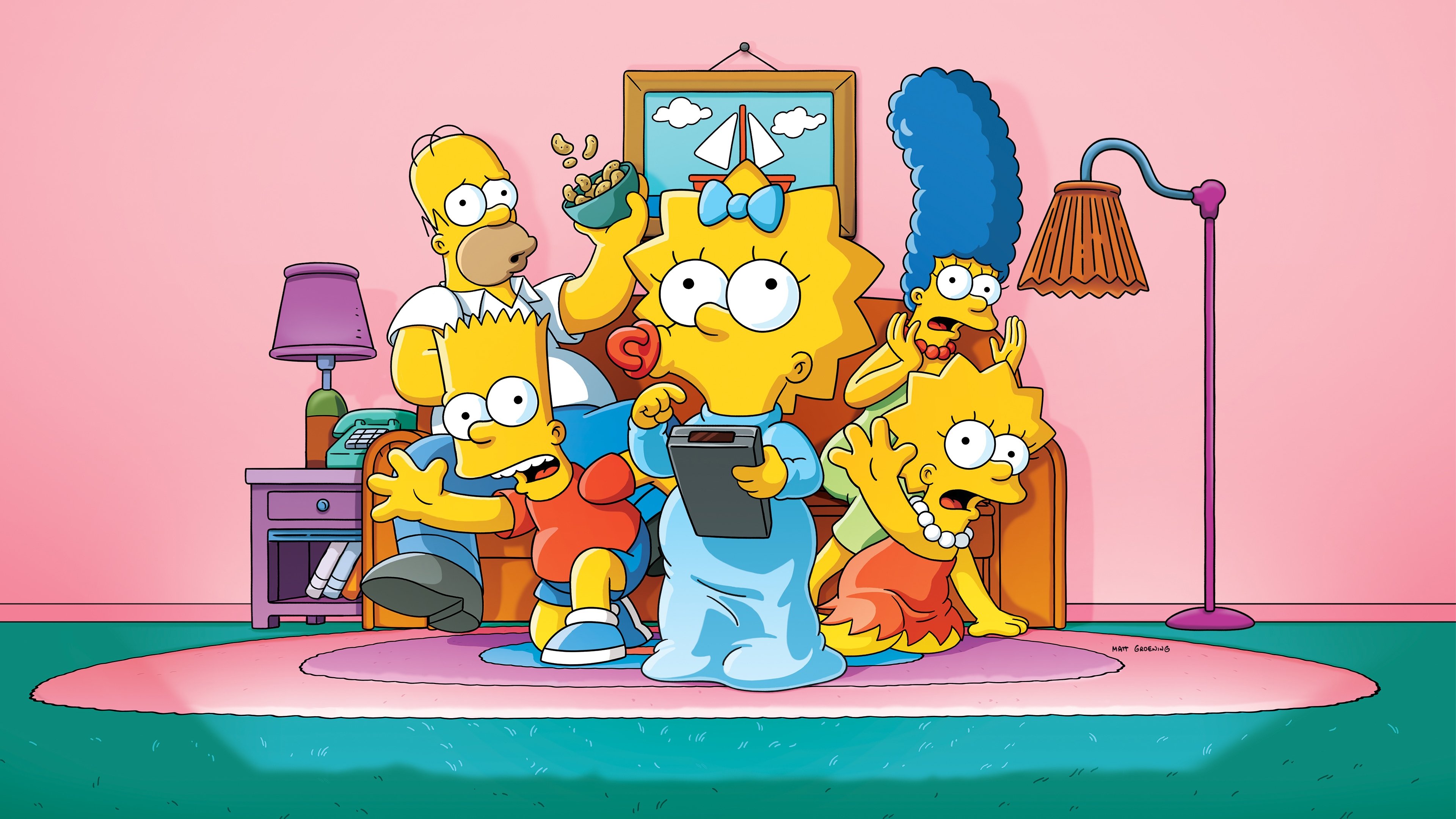Beyond the Yellow: A Deep Dive into the Enduring Legacy of The Simpsons
The Simpsons. The name conjures images of a dysfunctional family, a perpetually burning nuclear plant, and a chorus of iconic "D'oh!"s. But to simply label it a cartoon is to profoundly underestimate its cultural impact. For over three decades, this animated sitcom hasn't just entertained; it's satirized, predicted, and mirrored the ever-evolving landscape of American society. This isn't just another nostalgic trip down memory lane; it's a deep dive into the reasons why The Simpsons remains a relevant and critically acclaimed phenomenon.
The Genius of Subtlety: Beyond the Slapstick
While the show is undoubtedly brimming with slapstick humor and outrageous scenarios, its true genius lies in its subtle layers. Early seasons, particularly, were masterclasses in satirical wit. Springfield, the town that serves as the family's backdrop, is a microcosm of American life, its characters representing various societal archetypes and flaws. From the oblivious Mayor Quimby to the perpetually angry Ned Flanders, each resident contributes to a rich tapestry of social commentary. The show didn't just show these flaws; it dissected them with razor-sharp wit, often leaving viewers questioning their own assumptions and biases.
This subtle satire extends beyond the characters themselves. Episodes frequently tackle complex themes – consumerism, political corruption, the media's influence – all wrapped in a seemingly innocuous package. This intelligent approach allowed the show to appeal to both children and adults, creating a shared cultural experience that transcended age barriers.
The Simpsons as a Cultural Mirror: Reflecting the Times
One of the most fascinating aspects of The Simpsons is its ability to both predict and reflect the changing times. From the rise of reality TV to the anxieties surrounding technology, the show has eerily prescient moments woven throughout its history. This isn't mere coincidence; the writers have consistently demonstrated a keen awareness of current events and societal trends, incorporating them into the show's narrative in clever and often darkly humorous ways. This allows for a unique kind of engagement; viewers can laugh at the absurdity while simultaneously recognizing the underlying truths being presented.
However, the show isn't without its critics. The later seasons have often been accused of a decline in quality, with storylines becoming more repetitive and the satirical edge dulled. This is a complex debate, with arguments for the show's enduring relevance even in its later iterations. The undeniable fact remains that the sheer volume of content, the vast array of characters, and the consistent stream of memorable catchphrases have cemented its place in pop culture history.
The Enduring Power of Family (Dysfunction and All)
At its heart, The Simpsons is a show about family, albeit a highly dysfunctional one. The complex relationships between Homer, Marge, Bart, Lisa, and Maggie resonate deeply with audiences because they reflect the messy reality of family dynamics. The show doesn't shy away from showcasing the flaws of its characters, reminding us that even the most seemingly imperfect families can find moments of love, connection, and ultimately, resilience. This enduring theme, coupled with its satirical genius, explains why The Simpsons remains a cultural touchstone, a show that continues to provoke laughter, thought, and discussion decades after its debut. Its legacy extends far beyond a simple cartoon; it's a commentary on ourselves, our society, and the enduring power of family, however unconventional that family might be.


